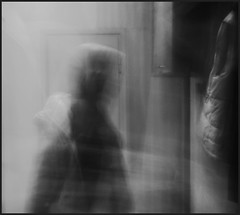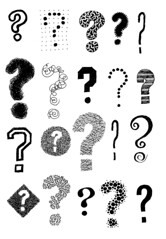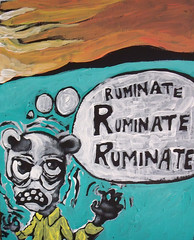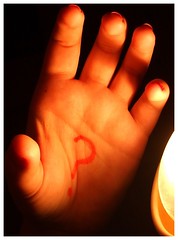I personify my OCD as a voice that at times I argue with or reason with or acknowledge and move on to something else.
When I first started Exposure therapy, whenever I said that "I" wanted to check something, or look something up or find certainty about an urgent question, my therapist would say, The OCD wants this. He said he wasn't suggesting I actually had another person inside me, but that he believed there was more to me than compulsions, that what I wanted was something bigger than my disorder allowed.
Sometimes he would have me be the OCD voice and he'd be "me"and it would get intense. He'd call out the OCD, with its rigidity, and its insistence on the unobtainable in order to be happy, and the lack of sophistication in dealing with life, a "one trick pony" with nothing to offer me but an illusion.
At first I hated it, because I felt attacked, felt wrong and a failure, but I started learning to trust my therapist's support of me as a person, and seeing that his loyalty was to my soul, my purpose, my being, not to a pattern of obsessive compulsive thinking.
OCD can latch onto any human experience, and in this way can feel absolutely unique, and yet the overall pattern is the same, the mode of operation, the demand for certainty, the search for actions or thoughts to undo the anxiety of the obsession.
I came across Pearl Jam's I Am Mine, and it was exactly what I needed to hear at that moment.
The North is to South what the clock is to timeI am mine. My OCD gets in my face and says, "Ha! How do you know what's you and what's not? Are you sure you can be yourself? You need to figure this out. Now." But I can see the pattern, the opportunistic nature of the OCD wanting an answer, wanting to know for sure, wanting to perpetuate itself.
There's east and there's west and there's everywhere life
I know I was born and I know that I'll die
The in between is mine
I am mine
If you are struggling with the erosion of your life because of OCD, remember that you are in there. You aren't broken or defective. One of my great fears was that if I started to get better from OCD I'd discover how truly bad a person I was, and then be without hope altogether, but the compassion of my therapist, my husband, other people dealing with OCD--all this helped me to see that there is hope, that I am no less than any other human being.










